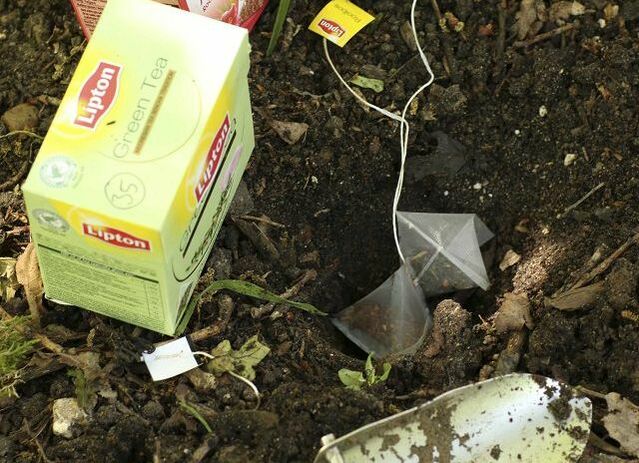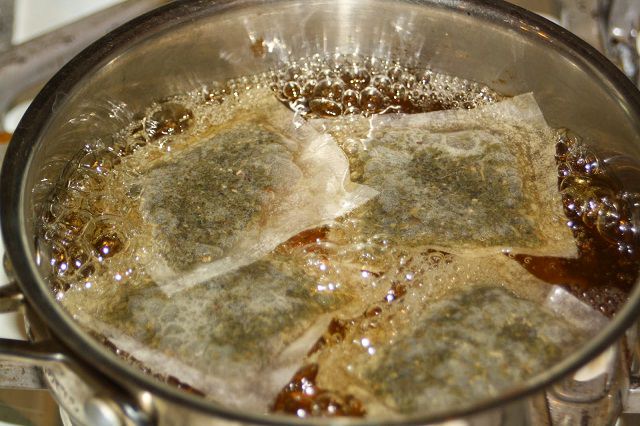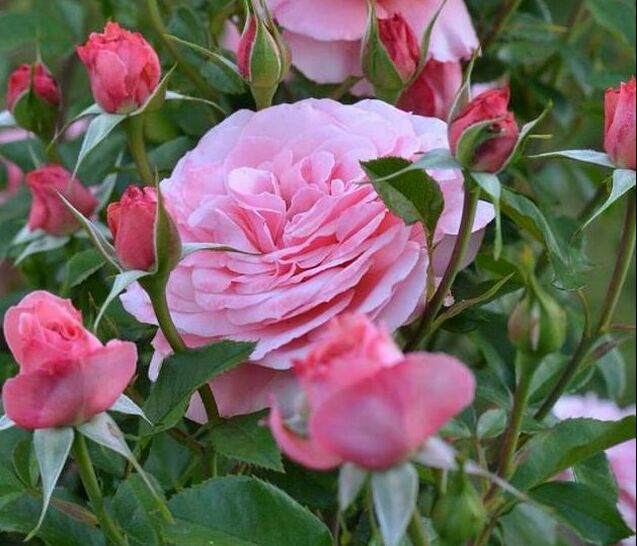Tea and coffee for the garden?
Who would have thought the humble teabag and used coffee grounds could be so beneficial for a healthy garden. What most of us throw away and add to landfill can be an absolute boon to the garden.
Tea leaves contain around 4.15 percent nitrogen and other nutritions that nourish the soil. Tea leaves also improve soil structure and increase drainage. Also, the tannic acid in tea leaves can mildly change and lower your soil pH, just like used coffee grounds.
Coffee grounds contain 2% of nitrogen, but plants can not use this until it breaks down. As these grounds decompose, the low nitrogen level in them acts as a long-acting fertilizer.
Coffee grounds also provide a healthy and slight dose of other basic nutrients like phosphorus and potassium, secondary nutrients like magnesium and copper of which potassium, magnesium and copper portions are used by plants right away.
Coffee grounds also contain calcium, manganese, zinc and iron, but the level of these nutrients is too low to have an effect on plant’s growth.
Tea leaves contain around 4.15 percent nitrogen and other nutritions that nourish the soil. Tea leaves also improve soil structure and increase drainage. Also, the tannic acid in tea leaves can mildly change and lower your soil pH, just like used coffee grounds.
Coffee grounds contain 2% of nitrogen, but plants can not use this until it breaks down. As these grounds decompose, the low nitrogen level in them acts as a long-acting fertilizer.
Coffee grounds also provide a healthy and slight dose of other basic nutrients like phosphorus and potassium, secondary nutrients like magnesium and copper of which potassium, magnesium and copper portions are used by plants right away.
Coffee grounds also contain calcium, manganese, zinc and iron, but the level of these nutrients is too low to have an effect on plant’s growth.

1. Composting
Probably the simplest use of used tea bags. Tea bags are great to add to compost because they add nitrogen to the compost and also attract good bacterias. But before you toss your used tea bags into the compost pile, make sure they are not made up of plastic. If they are of plastic, slit open the bag and use tea leaves for composting.
If you’re about to add coffee grounds to your compost piles, restrict it to the range of 20 to 25 percent only, higher levels than this can suppress beneficial microorganisms, so do not overdo it. Balance your compost with other organic materials: the residue of grass clippings, dry leaves or similar composting materials.
Probably the simplest use of used tea bags. Tea bags are great to add to compost because they add nitrogen to the compost and also attract good bacterias. But before you toss your used tea bags into the compost pile, make sure they are not made up of plastic. If they are of plastic, slit open the bag and use tea leaves for composting.
If you’re about to add coffee grounds to your compost piles, restrict it to the range of 20 to 25 percent only, higher levels than this can suppress beneficial microorganisms, so do not overdo it. Balance your compost with other organic materials: the residue of grass clippings, dry leaves or similar composting materials.
2. Repel Pests
If you are looking for an organic way to repel pests, your used tea bags can help you. Simply brew a weak tea with old bags and use it to water your plants and also sprinkle on leaves. It is really a great organic way to deter pests and fungal diseases and also provide plants some nutritions in doing so.
If you are looking for an organic way to repel pests, your used tea bags can help you. Simply brew a weak tea with old bags and use it to water your plants and also sprinkle on leaves. It is really a great organic way to deter pests and fungal diseases and also provide plants some nutritions in doing so.

3. Plant Food
Make your plants lush and happy with used tea leaves. Just tear open some tea bags and disperse the contents around the plants. Tea leaves will nourish your plants every time you water by increasing nitrogen levels, improving soil structure and giving earthworms something delicious to eat.
Coffee grounds have long been bragged to lower the soil pH, but most of their acidity goes straight from beans to brew. Laboratory analysis shows that they are slightly acidic to neutral and make a minor to no impact on soil pH.
But who cares about the acidity, coffee grounds improve soil structure directly and in no time. Poor Soil, low in organic matter, benefits from scratch when coffee grounds are applied.
Coffee grounds in the soil also improve the seed germination and growth of the plant. What is more advantageous is that they prevent soil borne diseases like wilts, fungal rots, and some bacterial pathogens.
Make your plants lush and happy with used tea leaves. Just tear open some tea bags and disperse the contents around the plants. Tea leaves will nourish your plants every time you water by increasing nitrogen levels, improving soil structure and giving earthworms something delicious to eat.
Coffee grounds have long been bragged to lower the soil pH, but most of their acidity goes straight from beans to brew. Laboratory analysis shows that they are slightly acidic to neutral and make a minor to no impact on soil pH.
But who cares about the acidity, coffee grounds improve soil structure directly and in no time. Poor Soil, low in organic matter, benefits from scratch when coffee grounds are applied.
Coffee grounds in the soil also improve the seed germination and growth of the plant. What is more advantageous is that they prevent soil borne diseases like wilts, fungal rots, and some bacterial pathogens.
4. Feed your Acid-Loving Houseplants
Ferns and many other houseplants prefer acidic soil. Fertilize your acid-loving houseplants with used tea bags. Open up the tea bags and work used tea leaves into the soil in their pots. It will slightly lower the pH level and also provide your plants with some nutritions and minerals.
Ferns and many other houseplants prefer acidic soil. Fertilize your acid-loving houseplants with used tea bags. Open up the tea bags and work used tea leaves into the soil in their pots. It will slightly lower the pH level and also provide your plants with some nutritions and minerals.

5. Speed up Composting
Brew a strong tea with used tea bags and after it had cooled down, pour the liquid and tea bags over your compost heap. It will speed up the composting process as tea leaves contain nitrogen and also make your compost acid rich slightly.
Brew a strong tea with used tea bags and after it had cooled down, pour the liquid and tea bags over your compost heap. It will speed up the composting process as tea leaves contain nitrogen and also make your compost acid rich slightly.
6. Natural Fertilizer for Potted Plants
Just brew a weak tea with used tea bags and substitute watering with it. Brewed tea leaves make a fabulous liquid fertilizer as they contain high levels of minerals, carbohydrates, and other nutrients that help plants to grow.
Just brew a weak tea with used tea bags and substitute watering with it. Brewed tea leaves make a fabulous liquid fertilizer as they contain high levels of minerals, carbohydrates, and other nutrients that help plants to grow.

7. Give Roses a Boost
Roses love tea leaves. Slit open the used tea bags and sprinkle tea leaves around your roses to give them a boost.
Remember Roses love the tannic acid that occurs naturally in tea
Roses love tea leaves. Slit open the used tea bags and sprinkle tea leaves around your roses to give them a boost.
Remember Roses love the tannic acid that occurs naturally in tea
